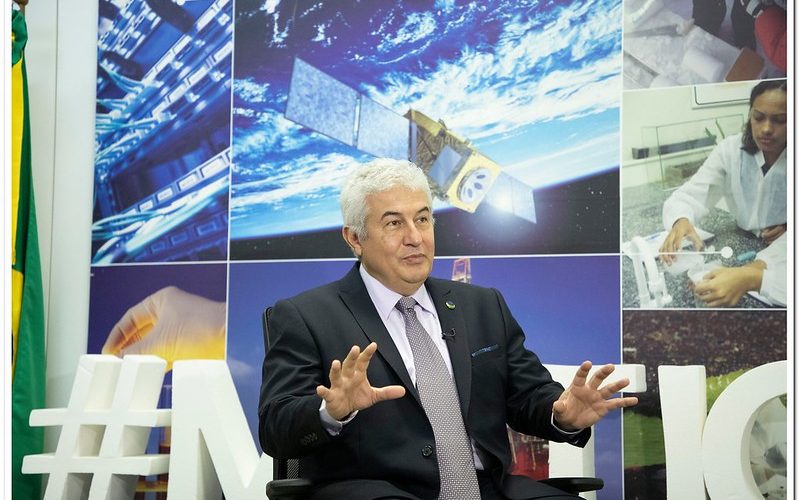In an exclusive interview, Marcos Pontes, Brazil’s Minister for Science, Technology and Innovation (MSTI), provides details about the action taken in relation to the oil and gas sector and says that, “One of the objectives is to see science, technology and innovation lifting Brazil to the position it deserves”.
Read the full interview in Subsea World Brazil Magazine, by NBCC associate Zoomout by clicking here.
What is your view of Brazil, regarding the development of areas covered by the ministry, when compared to the more developed countries?
Brazil already plays a very important role in various sectors, such as agriculture and the oil and gas sector. In other segments, we need to progress and we are working on this. The vast supply of natural resources, our scien- tific production of the highest quality and the diversity of Brazilian industry endow us with enormous potential. Our challenge is to use this set of factors in the best way, to ensure sustainable development with economic, social and environmental gains.
What are Brazil’s strengths within that portfolio? What fields and specific areas could the country explore in order to make its mark globally?
The ministry operates on three fronts, science, technology and innovation. The country’s scientific production is notable and is improving, as is its research infrastructure. Our challenge is to generate wealth from this scientific knowledge, to ensure that products and solutions get to the people and improve their lives. To that end, the ministry and its associated entities, which serve as our agents in a number of areas, are investing in several sectors to get these ideas off the ground.
The research and development structure in Brazil, which was concentrated in universities or at large companies, is now beginning to change. The private sector has begun to adopt open innovation models using startups, thereby decentralizing the efforts, streamlining solutions and gathering expertise. What do you think of this as a partnership model for the country?
Open innovation is a good way to accelerate the innovation process, inte- grating universities and companies. At the end of August, we launched the second stage of the Centelha program. This is an initiative in partnership with foundations supporting research in different states, which helps to develop an entrepreneur- ial culture and supports new ideas, not only with financial resources, but also by gathering together entrepreneurs, incubators, accelerators and other investors. In the first phase, more than 15,000 innovative ideas were submitted from 19 states, including 500 supported projects.
In the oil and gas sector, we have the rule of investing 1% of the operating revenue in innovation. How can the ministry help to invigorate and add new concepts for the use of this funding, making it more accessible to small and mediuma sized companies?
I like to point out that the ministry is not a finalizer, but a tool that is avail- able to other bodies. The MSTI, in partnership with the MME (Ministry of Mines and Energy), is working to develop an R&D agenda for the sector. In addition to giving priority to areas that are of strategic importance, we intend to optimize the use of re- sources by stimulating competitiveness. The country has to make better use of the knowledge generated by the universities and research insti- tutes. We also work through Finep, an MSTI agency, which has financed various projects.
Photo courtesy of MSTI
Read the full interview in Subsea World Brazil Magazine, by NBCC associate Zoomout by clicking here.
:


